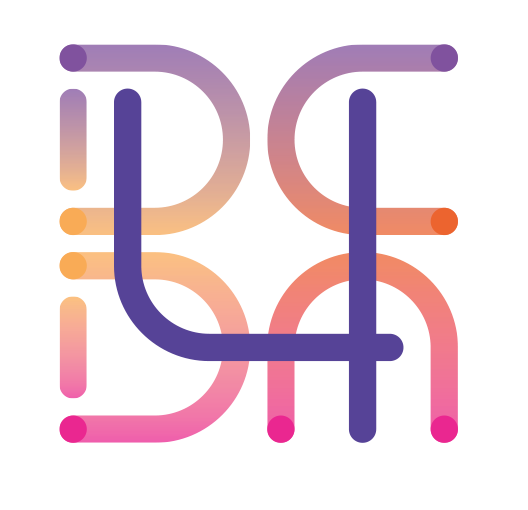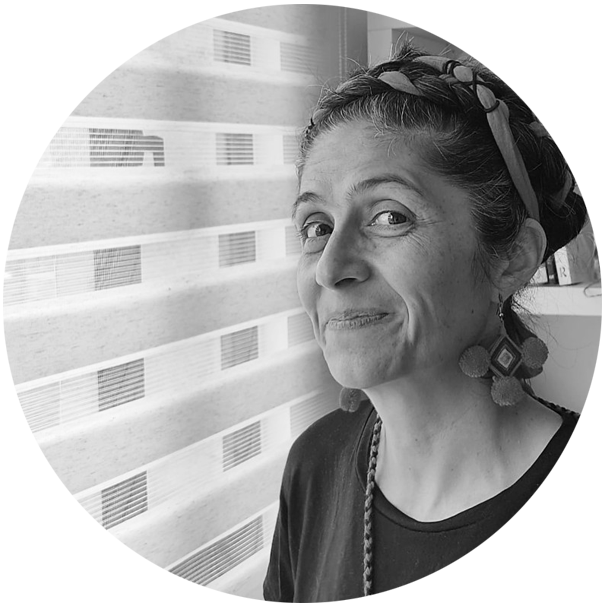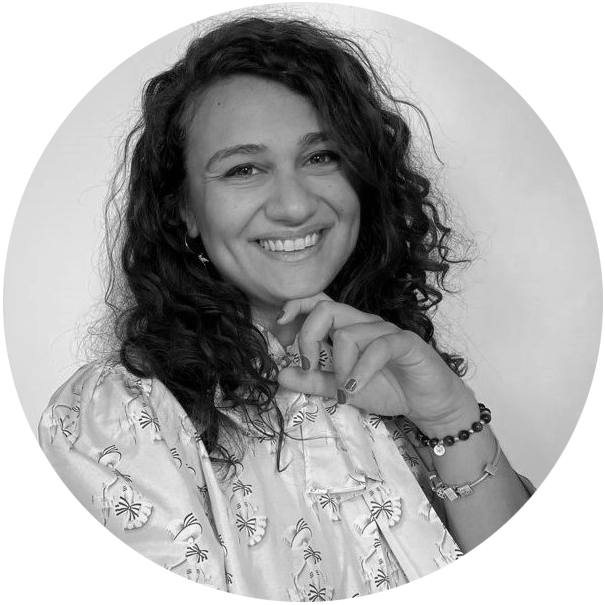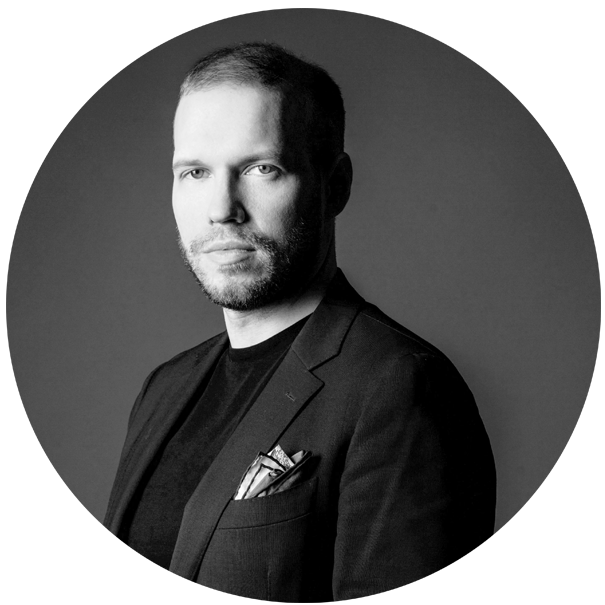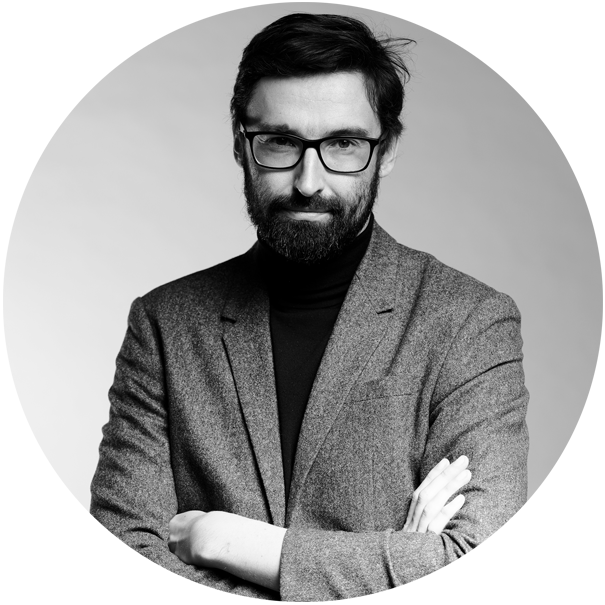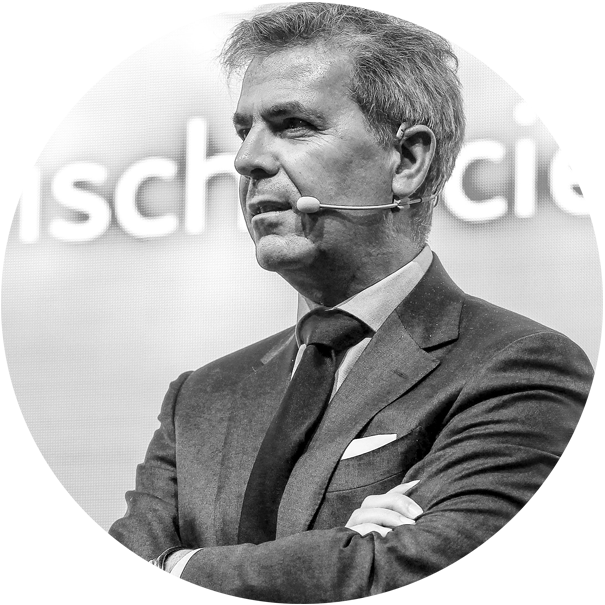The Project

DC4DM PROJECT INTO CONTEXT
The ongoing digital evolution is impacting every sector of our society, changing work requirements, people’s mindsets as well as behavioural and social attitudes, creating both significant opportunities and threats that need to be managed and guided properly.
If we refer specifically to the new emerging technologies, it is largely recognized the need to strategically drive them, indeed the EC has created policy and actions to support it.
Among EU Policy for HEIs, there is: encouraging creativity, innovation, entrepreneurial spirit at all training and education levels.
In a near future, there will be a strong demand for Digital Creative Abilities which include both digital skills (for instance, information skills, programming and app development) along with human skills (for instance, problem solving, strategic and creative thinking, emotional intelligence, relationship and network building abilities). Their development allows managing the digital transition achieving a Digital Maturity that means enabling people to continuously adapt to a changing digital landscape, learning how to collaborate with digital technologies and how to use them to serve the human needs in any field.
KEY PRACTICES FOR DIGITAL MATURITY
Digital Maturity means enabling people to continuously adapt to a changing digital landscape, learning how to collaborate with digital technologies and how to use them to serve the human needs in any field.
Digitally maturing companies are achieving success by the adoption of four key practices:

Increase collaboration organized around cross-functional teams with high-quality cross-functional curricula
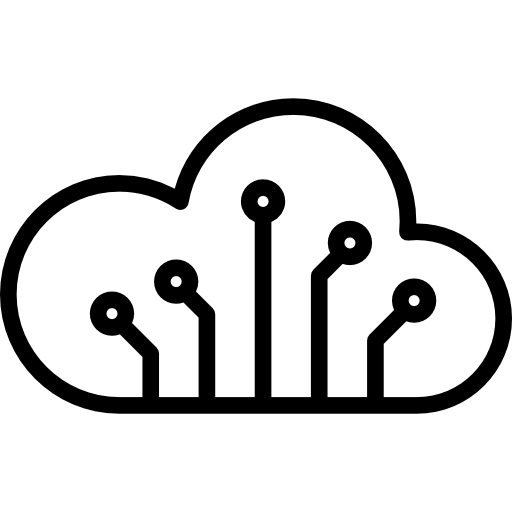
Scaling spur workplace innovation, cultivate digitally-minded cultures, visions and experiences

Attracting and developing digital talent

Scaling small, iterative digital experiments and enterprise-wide proposals

DC4DM OBJECTIVES
The project aims to implement, apply and disseminate a human-centred design model to facilitate and strategically guide the ongoing process of digital evolution for achieving Digital Maturity through people creative enhancement, within an EU network of HEIs, SMEs and Startups, Business Incubators.
The Digital Creativity4Digital Maturity (DC4DM) model will empower Digital Creative Abilities through the (1) exchange of knowledge; (2) co-creation of interdisciplinary methods and tools; and (3) project-based experiments to understand and possibly anticipate the foreseeable opportunities and threats offered by the digital evolution developing a strategic approach to the adoption and application of such technology.
During the project, the model will be developed collecting methods, tools and cross-functional competencies from the whole consortium, fostering sharing of cross-cultural knowledge from academia to industry and vice versa. Training digital wise professionals able to drive the digital transformation has become a mission which requires a European Alliance from all the relevant stakeholders.

DC4DM ACTIVITIES and OUTPUTS
DC4DM project has been structured on three-years activities to achieve tangible intellectual outputs such as:
– Digital Maturity Vocabulary to build a shared knowledge for working with emerging digital technologies
– Digital Maturity Pills telling about the best practices to share with Universities, SMEs and startups in Europe.
– Learning Lab training format, learner-centred, project-based workshops to support the skills development to manage challenges through DC4DM model and learn in interdisciplinary environments.
– Design Maturity Toolkit made of innovative tools and methods to nurture and connect design curricula with design digital tech-driven activities.
– DC4DM Edu BOX and MOOCs draw together content and experiences providing tools, guidelines and paths to work with other HEIs, SME’s and startup, and EC strategies and programmes.
– DC4DM Open book and scientific papers as tools to promote and exploit the project goals and results within academia, the design community, companies, and research centres.
DC4DM includes:
- 2 short term design staff training events (co-design workshop and Bootcamp);
- 6 events (Digital Maturity Day) open to the general public, start-ups and SMEs to spread knowledge about the strategic potential of creativity and design to guide the technological application;
- 3 intensive study programmes (Learning Lab) with Master’s students.

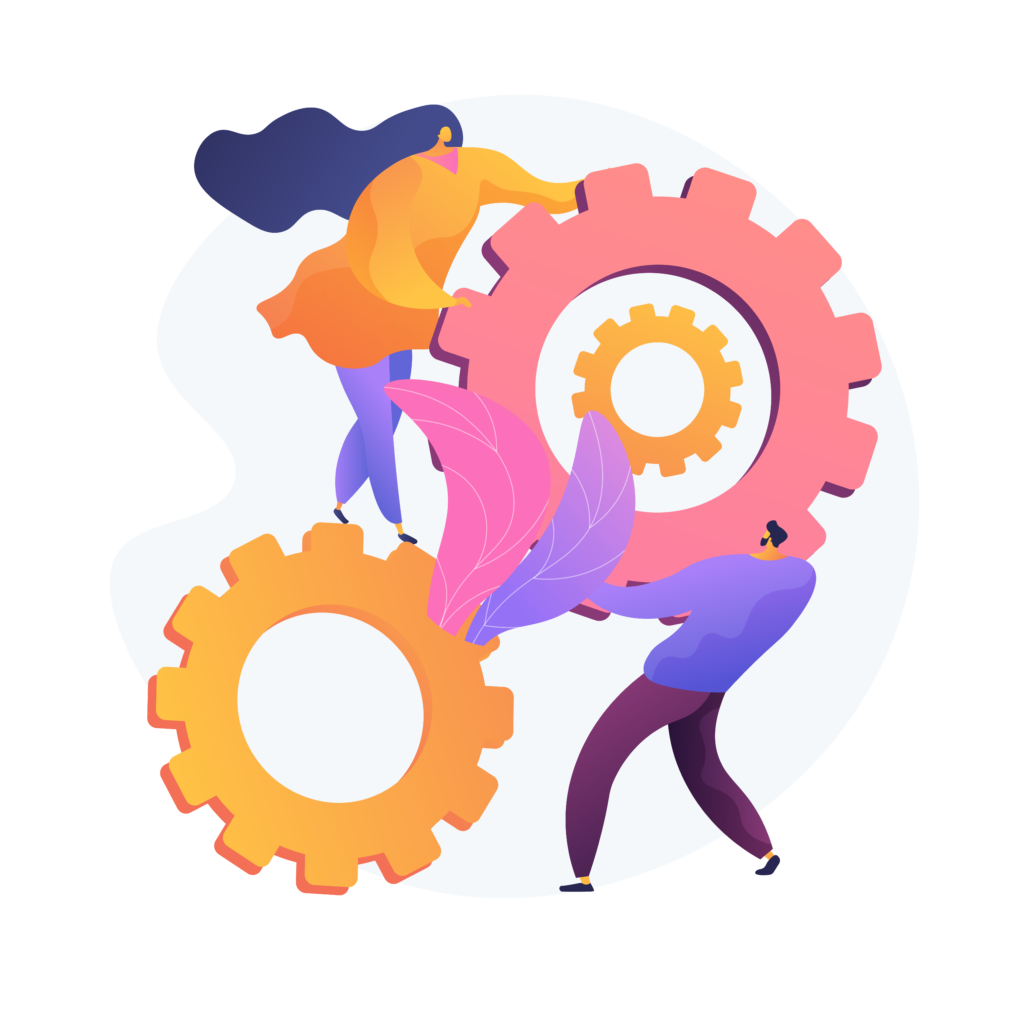
DC4DM IMPACT
The application of the model focuses on the relationship between HEIs and tech-driven SME’s / Startups, aiming at strengthening the collaboration between higher education, research and business with the focus of training talents with the right abilities and knowledge needed to facilitate and guide SME’s and organizations in achieving a Digital Maturity. Learners will be able to shift strategically the given process and tools to address the development of Digital Creative Abilities. Teachers will apply the educational guidelines and best practices for the replication of the DC4DM model to meet the challenges of teaching in the digital evolution era. A key impact will be connecting Design Education and the cross-functional open innovative teaching method and curricula based on the evolving needs of students and industry.
DC4DM Advisory Board
A team of experts will oversee the progress of the project and guarantee consistency of objectives, methods and contents in the DC4DM toolkit and Intellectual Outputs.
